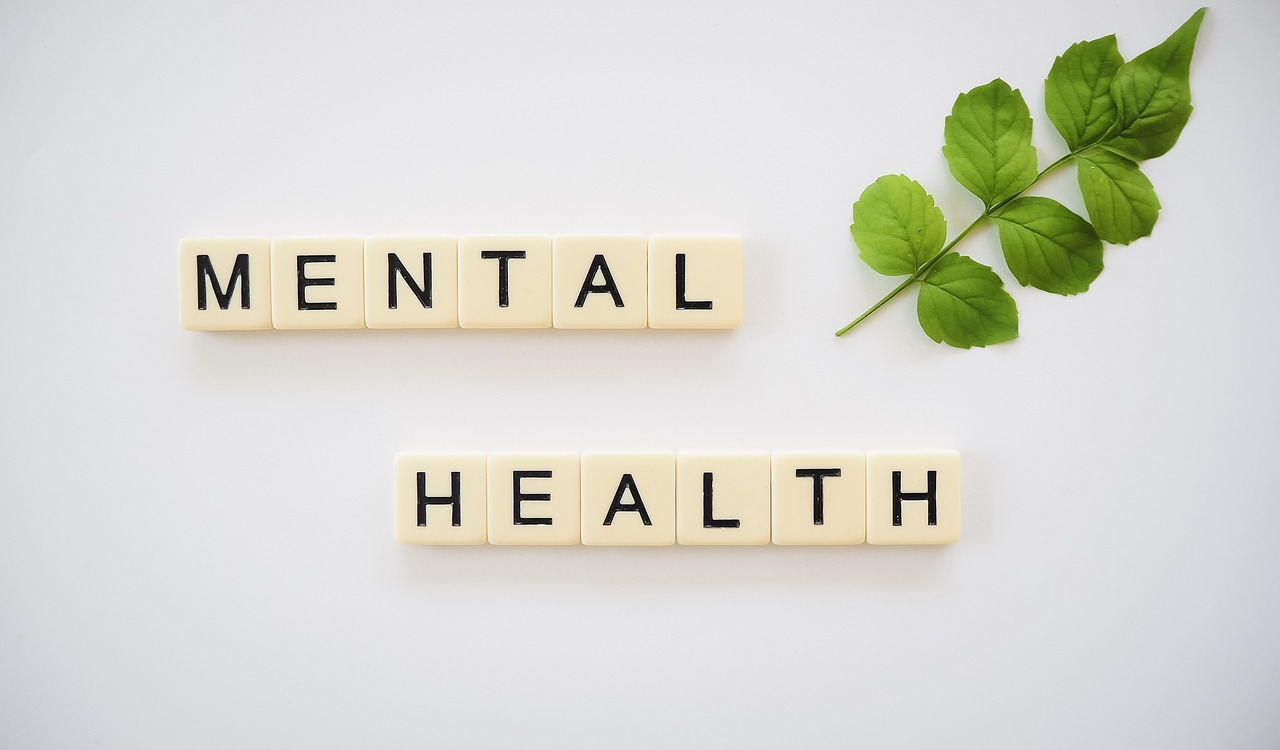
Our mental health is made up of our emotional, mental, and social well-being. It changes the way we think, feel, and behave. It also affects how we deal with stress, treat other people, and make choices. Mental health is important at every stage of life, from childhood to adulthood.
If you have problems with your mental health, they may affect how you think, feel, and act for the rest of your life. There are many things that can lead to mental health problems, such as:
Some examples of biological influences are genes and the way the brain works.
Trauma or being abused are examples of things that happen in life.
There is a history of mental health problems in the family.
Mental health problems are common, but help is easy to get. People with mental illnesses can get better, and many of them do.
Signs to Look Out For
You might not know if you or someone you know has a mental illness. One or more of the following thoughts or actions could be signs that there is a problem:
Too much or too little eating or sleeping Getting away from people and normal things
Having little to no energy
feeling nothing or like nothing matters
Experiencing unexplainable aches and pains
Helpless or having no hope
Excessive smoking, drinking, or drug use
If you\’re feeling especially confused, forgetful, angry, worried, or scared
Family and friends fighting or yelling at each other
Having big mood swings that make relationships hard. Having thoughts and memories that you can\’t get rid of. If you\’re hearing voices or thinking things that aren\’t true, you might want to hurt yourself or someone else.
Not being able to do normal things like take care of your kids or get to work or school




